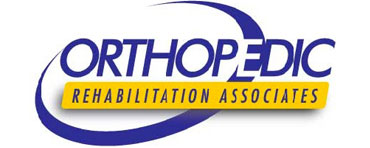One of the main benefits of using FMS in rehabilitation is its capability to pinpoint specific areas that need improvement. For instance, if a patient has difficulty with squatting or lunge movements, it may indicate a deficiency of flexibility in their hips or ankle joints. This data allows therapists to formulate personalized fitness programs that emphasize addressing these deficits. As a consequence, patients are more likely to recover their strength and functionality, which is essential for resuming to daily activities or athletics.

Implementing efficient FMS procedures can also help avoid future harm. Many injuries happen due to poor mobility patterns or overuse of specific muscle groups. By evaluating individuals before they start a recovery plan, therapists can identify risks and establish approaches to minimize them. Educating patients about appropriate mobility mechanics and strengthening weak areas can lead directory to sustained benefits, promoting that they stay active and healthy.
Additionally, the use of FMS can improve dialogue between healthcare providers and clients. When patients see their mobility mechanics assessed and explained, they gain a better understanding of their recovery journey. This transparency builds trust and encourages patients to take an engaged part in their recovery. By engaging patients in their recovery journey, they are more likely to adhere to prescribed activities and behavioral changes that promote better outcomes.
In summary, improving recovery outcomes through effective operational mobility assessment procedures is essential for both clients and healthcare professionals. By this content precisely evaluating movement patterns, clinicians can develop tailored recovery plans that meet individual requirements. This not only aids in rehabilitation but also assists prevent future harm. As patients become more engaged in their rehabilitation process, they are likely to achieve their objectives and sustain a healthy, engaged lifestyle.